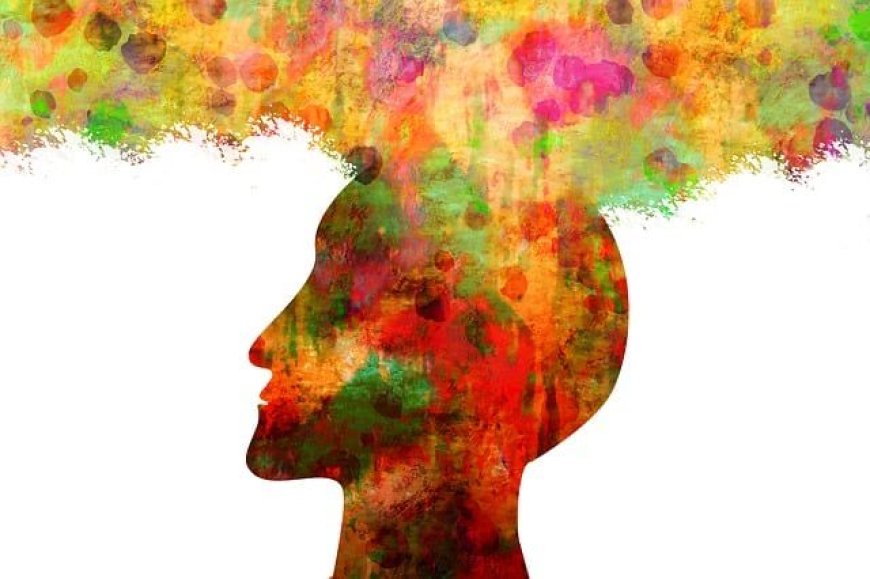SELF-FULFILLING PROPHECY: THE PYGMALION EFFECT
The Pygmalion effect, or the fact that what one person expects from another becomes a self-fulfilling prophecy, relates generally to the effects of interpersonal expectations. Today, the “Pygmalion effect” generally refers to the fact that people, mostly children, students or employees, tend to perform better when driven to fulfill what is expected of them and are treated as if they can succeed.

SELF-FULFILLING PROPHECY: THE PYGMALION EFFECT
The Pygmalion effect, or the fact that what one person expects from another becomes a self-fulfilling prophecy, relates generally to the effects of interpersonal expectations. Today, the “Pygmalion effect” generally refers to the fact that people, mostly children, students or employees, tend to perform better when driven to fulfill what is expected of them and are treated as if they can succeed.
History of the Pygmalion Effect
The Pygmalion effect was first seen in Ancient Greece. In Greek mythology, it begins with Pygmalion, a Cypriot sculptor, making a statue of a woman. Pygmalion falls in love with this statue he made so much that he wants to marry it. Everyone tells Pygmalion that this is impossible and that he is an inanimate being, but Pygmalion does not care about people and says that one day the statue will come to life and he will marry her. Pygmalion wholeheartedly believes what he said and, without ever doubting that it will come true, waits for the statue Galatea to become a real person, and for what it was worth, the statue has now become a living woman. Pygmalion and Galatea live a beautiful life full of love.
The experiment conducted by Rosenthal and Jacobson is the one that best describes the Pygmalion effect in the world of psychology. The experiment is as follows; Rosenthal and Jacobson say that in one school, students were given an intelligence test and teachers were given a list of highly intelligent students in their classes, but in fact, these students were randomly selected. The result of the experiment is as follows: it was noted that there was a real improvement in the student names given to the teachers. Because teachers knew that students had high intelligence, they expected more from students and paid particular attention to them. As a result, it was observed that there was a real increase in the intelligence levels of randomly selected students. The experiment showed that teachers' expectations worked as a self-fulfilling prophecy.
In the Pygmalion effect, it is claimed that when a person communicates his or her expectations explicitly or indirectly to the other party, he or she actually has the power to influence the emotions, attitudes, and behaviors of others around him or her (Poornima and Chakraborty, 2010). According to this theory, our beliefs and predictions about people affect individuals' lives positively or negatively. We experience this situation in many areas of our lives, for example, we can be seen to be exposed to this effect in different areas such as family life, education life and business life. Some of the most common sentence patterns in which we can see the self-fulfilling prophecy are;
"Everyone I love will leave me"
"Whenever something good happens to me, something bad happens immediately."
"I am very unlucky"
Let's say a person has a strong belief that everyone will abandon him. This person will somehow be in the position of being abandoned in their relationships and will not want to see their own role in this matter. As a result, they will always focus on being abandoned as they believe and know, and this relationship cycle will continue as long as they do not get rid of that belief. Our brain always tries to justify what we believe. This effort is reflected in our behavior and actions, even if we are not aware of it. This is how the self-fulfilling prophecy comes true. Of course, it doesn't always have to happen in a negative way. We have all witnessed that a person who claims and believes that he is very lucky in every situation is really very lucky. The Pygmalion effect explains this situation to us.
Ultimately, the Pygmalion effect highlights the power of people's expectations to create reality. This effect can positively or negatively affect individuals' performance, showing that people's own beliefs and expectations are fundamental in determining their potential. The Pygmalion effect demonstrates how powerful people can be in shaping the success of others, while also providing a key to understanding the complexity and potential of human nature.
REFERENCES:
-
Rosenthal, R. (2010). Pygmalion effect. The Corsini encyclopedia of psychology, 1-2.
-
Chang, J. (2011). A Case Study of the" Pygmalion Effect": Teacher Expectations and Student Achievement. International education studies, 4(1), 198-201.
-
CEMALOĞLU, N. Self-Fulfilling Prophecy.
What's Your Reaction?




















































































